A Conversation With My Granddaughter
“Grandma, why are your gloves way up there where you can’t reach them?”
I was stretching high over my workbench for the long-handled pruning shears when my eight-year old granddaughter piped up.
I dropped down on my heels and gently asked her to move so I wouldn’t hit her with the pruners. I reached up again, stretching as high as I could. When had a simple activity like retrieving a tool from the pegboard become so challenging? I held my breath, lifted the pruner off its hook, and caught one handle to soften its fall as it landed on the bench with a decisive clunk.
I turned toward Stella. Her upturned face still held a questioning look. “The gloves? Why are they up there with your tools?”
“Oh those,” I said, trying to stay on task. “I don’t use that pair any more.”
“But why —?”
“They’re worn out. Let’s go back to the garden, Lovey, before it starts to rain. Here. We both have perfectly good gardening gloves in this basket, and there are my secateurs. You can cut the frost damage off the morning glory while I trim the broken branches on the persimmon tree.“
I looked at the gathering clouds, inhaled the rich scent of wet earth. “We have just enough time to finish before the rain starts again.”
I thought I had successfully distracted her, but I underestimated this child’s persistence where mysteries are concerned. She began interrogating me again.
“But why keep those old gloves if you don’t use them, Grandma? Why not throw them away, or give them to Goodwill? Why put them way at the top of the pegboard where you can’t reach them?”
“I can reach them,” I said, standing on my toes again and demonstrating. When I held them up, two of the glove’s fingers hung sadly, torn most of the way through. I slowly pulled the gloves onto my hands, the hairs on the back of my neck standing to attention from the way the suede felt, rough on my palm. I flexed my hands open and shut and the stiff leather crunched slightly. A brown scar ran across one palm. The acrid scent of the old leather tickled my nose.
“These aren’t ordinary gardening gloves, Stella. They’re meant for heavy work. I keep them up there to help me remember,” I said softly.
“Remember what?”
“Oh, honey, so many things. When I was young and lived on the land.”
“Tell, me, please, Grandma. Did you use them when you were raising rabbits and goats?”
It was at that moment I realized it was time. Time to tell the stories. Nearly a decade of my life — a period that completely changed how I perceived the world and my place in it — had drifted into the recesses of my memory as I had raised my family, pursued a career, aged. My land partners were aging, too. Dorrie passed first, and then John. Quincy couldn’t remember the details of our time together any more, and I haven’t seen Burghild in years. Bob and Jan are still so busy with their young family they don’t have time to reminisce. I’m seventy-two years old. If I don’t share my memories soon, they will be gone. I perched on a barrel filled with wild birdseed and pulled my precious child onto my lap. “Did I ever tell you about the first time Grandma tried to build a fence?”
* * * * * * *
Back Story
My husband John and I moved off the grid in 1973 to create a safe space for our daughter. We wanted to escape the divisiveness and violence of the Vietnam War era, the nightly televised scenes of battle, protests, and students bludgeoned in the streets. We were both disillusioned and demoralized by the media’s portrayal of the war, the deaths of our national heroes, the years of political conflict. All the time we were making our way through college and graduate school, unrest had been roiling across the land. Now that we had a child, we wanted to shield her from the discord. I was 26; John was 33. It was time to settle down.
Over the next several years, we and a like-minded group of friends created a life in the country that nourished our souls. We grew vegetables and flowers. Milked goats and birthed kids. Built fences. Mucked out rabbit cages, chicken coops, goat pens. Lit our homes with oil lamps and heated our water on a propane stove. In time I gave birth to a second child, a son.
During this time we all worked together. Ate together. Sang together. Learned together. It was a good life. After living close to the natural cycles of the earth year after year, good and not so good, we grew stronger and more resilient. One by one, though, our friends left the land for other adventures. As much as I loved our life in the country, I couldn’t carry on alone. Eventually, I left too, to pursue my dreams of teaching and writing, and to teach our children how to live gently in the “real” world and thrive.
Once again our nation is being pulled apart. School shootings, public Twitter fights, innocent children jailed at the border, young men and women sent into harm’s way, talk of a border wall. Years of efforts to reduce our human damage to the earth reversed by the stroke of a pen. Sometimes it feels overwhelming to me.
It must be tempting for families to turn away from the noise, to hide in their homes, to keep their children close. I certainly found it so back in the 70s. I know that retreating to the land isn’t the only solution. However, it is one way to heal our pain and come to appreciate the natural cycles of life. Standing in my garage that day with Stella, feeling the old work gloves on my hands and a rush of memories in my heart, I understood that, truly grokked[1] it.
It is time to share these stories with the next generation. I want them to understand the joy of living close to the earth and the deep knowledge of themselves that it can bring. Families don’t have to go back to the land to learn how to care for the earth, but if they do, they may begin to see the world very differently.
That evening, I began to write.
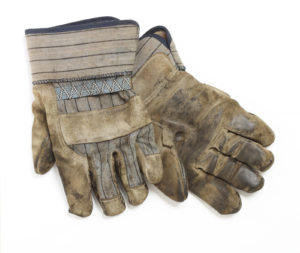
[1] Grok /ˈɡrɑːk/ is a word coined by American writer Robert A. Heinlein for his 1961 science fiction novel Stranger in a Strange Land. It means to understand (something) intuitively or by empathy.
For best visual images, please view this post in your browser. You may leave comments and questions on that page – and I hope you will! You can subscribe to my blog by filling in your email address on the form to the right.
Share this post
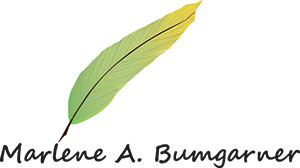
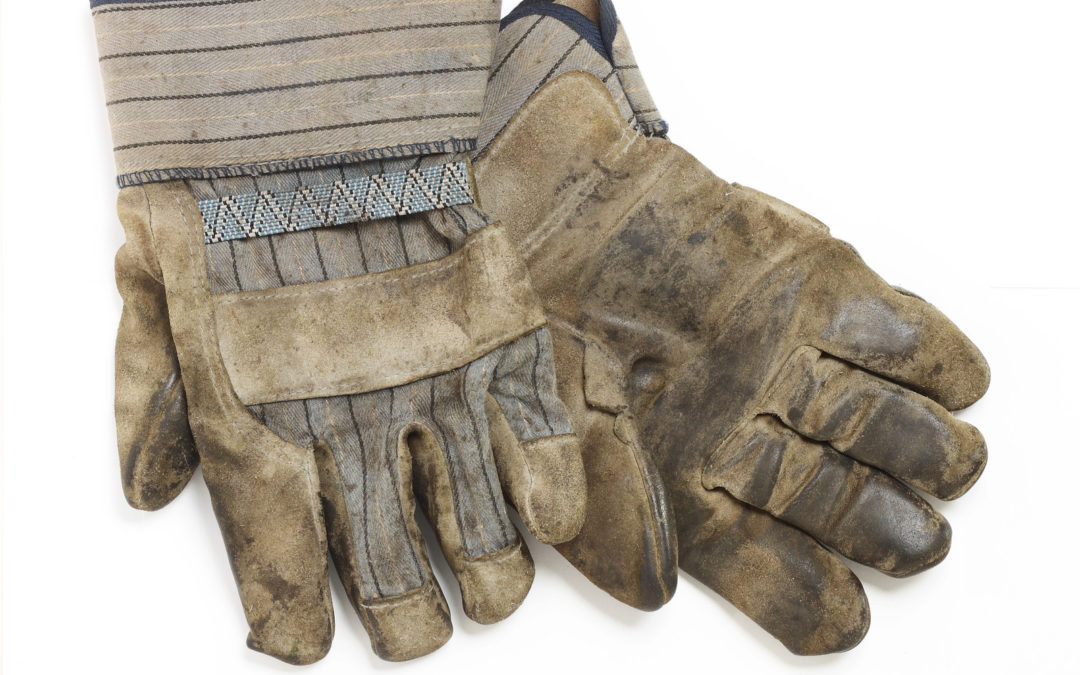
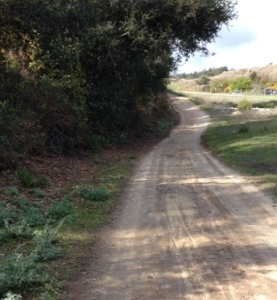
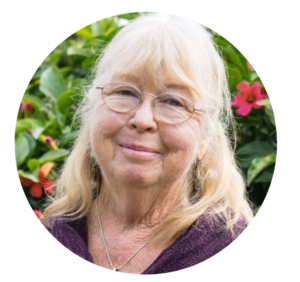
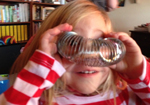

I have been sorting out junk in the cellar and basement of the house I have lived in since 1991: wow! It’s amazing how much stuff two adults, four children and a sucession of dogs used and never threw away. It’s also prompting memories that I didn’t know I still had, and inspired some conversations with my mother who will be 87 this year. I don’t want to loose those stories.
Keep on writing, Marlene.
If I remember correctly, Susan, one of those boxes came from me at the end of my term at Bradford College – cellotape, bluetak, A-4 paper and the like! Such wonderful memories they must have evoked! Thanks for your support. I’l keep on writing, and so should you!
I, too, call my granddaughter Lovey. She’s 7. I tell her stories about my early years and her mama’s early years. I’d like to hear your stories; they may nudge more stories out of me and into my beloved granddaughter. Please write more.
I very much want to read more; obvious reasons! I yearn for the connections. Thank you.
Thanks, Jo . . . your wish is my command.
My heart aches to hear more of your stories, Marlene!
I love that you’re sharing this here, Marlene! You know I flat-out love the stories in your memoir, so I’m thrilled to see you sharing them far and wide with your readers. Eager to read more as they unfold on the blog.
Last year, I started writing stories about my growing up and my life to share with my family. I have discovered it is very calming for me to tell my life experiences. I look forward to reading about your journey.
Donna,
Thanks so much for your support. I was living this life on the farm when you offered me a chance to teach at Gavilan College in 1975. That opportunity led to everything else . . . I owe you so much.